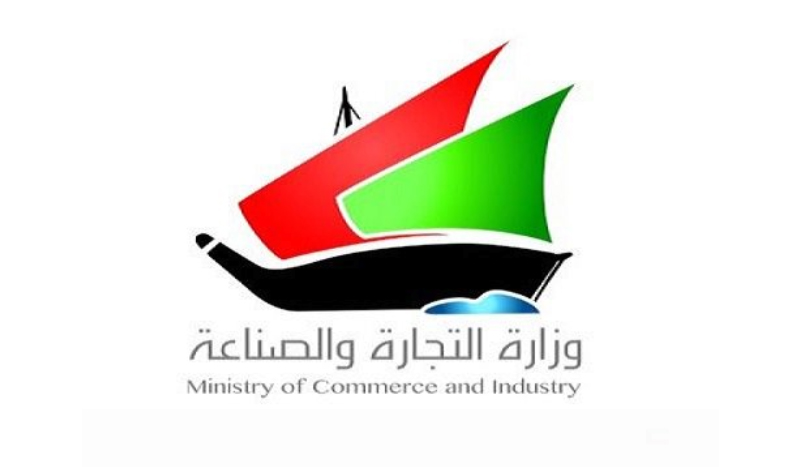KUWAIT: The Ministry of Commerce and Industry (MOCI) has rejected some parliamentary proposals to cancel the subsidized food supplies' cards issued to citizens, GCC nationals and certain categories of bedoons (stateless). The proposals had called for substituting the cards, which entitled their holders to monthly rations of basic food items, with cash allowances given to each Kuwaiti bread-winner.
Notably, some MPs had demanded cancelling the cards to stop what they described as waste of public funds through smuggling subsidized items out of Kuwait. Lawmakers also argued that some Kuwaiti citizens do not actually use their cards, but instead buy their needs from the local market, while they give away their shares of food rations to others. "This means those supplies go to non-deserving consumers," they warned.
Less costing
On the other hand, MOCI said that the proposal seems less costing for the state's budget because the cash allowance would be much less than what the state allocates to purchase the supplies. "However, cash allowances would lead to price increases suffered by both citizens and expats," the sources warned, noting that the ministry might face challenges in controlling prices if that happens
Further, MOCI explained that it is closely watching the subsidized supplies' centers and decided to appoint Kuwaiti officials to run them instead of expats. "The problem is that very few Kuwaitis have so far been attracted to these positions," MOCI remarked, noting that more incentives would be given soon including working either morning or evening shifts, or working two shifts in one day and taking the following day off. Finally, MOCI explained that it would continue adding new items to the subsidized supplies ration, and stop giving those supplies to bedoons with expired security cards.
Fake medicines
In other news, Ministry of Health's (MOH) assistant undersecretary for food and medicine control affairs Dr Abdullah Al-Bader yesterday announced that the ministry inspection teams had recently seized quantities of fake or banned medicines and unregistered food supplement products inside a gifts shop in Al-Asima (Capital) Governorate. Bader explained that the seized items pose violation of law number 28/1996 and other related laws regulating the circulation of medicines and health products in Kuwait, adding that the entire case would be referred to public prosecution.
By A Saleh











